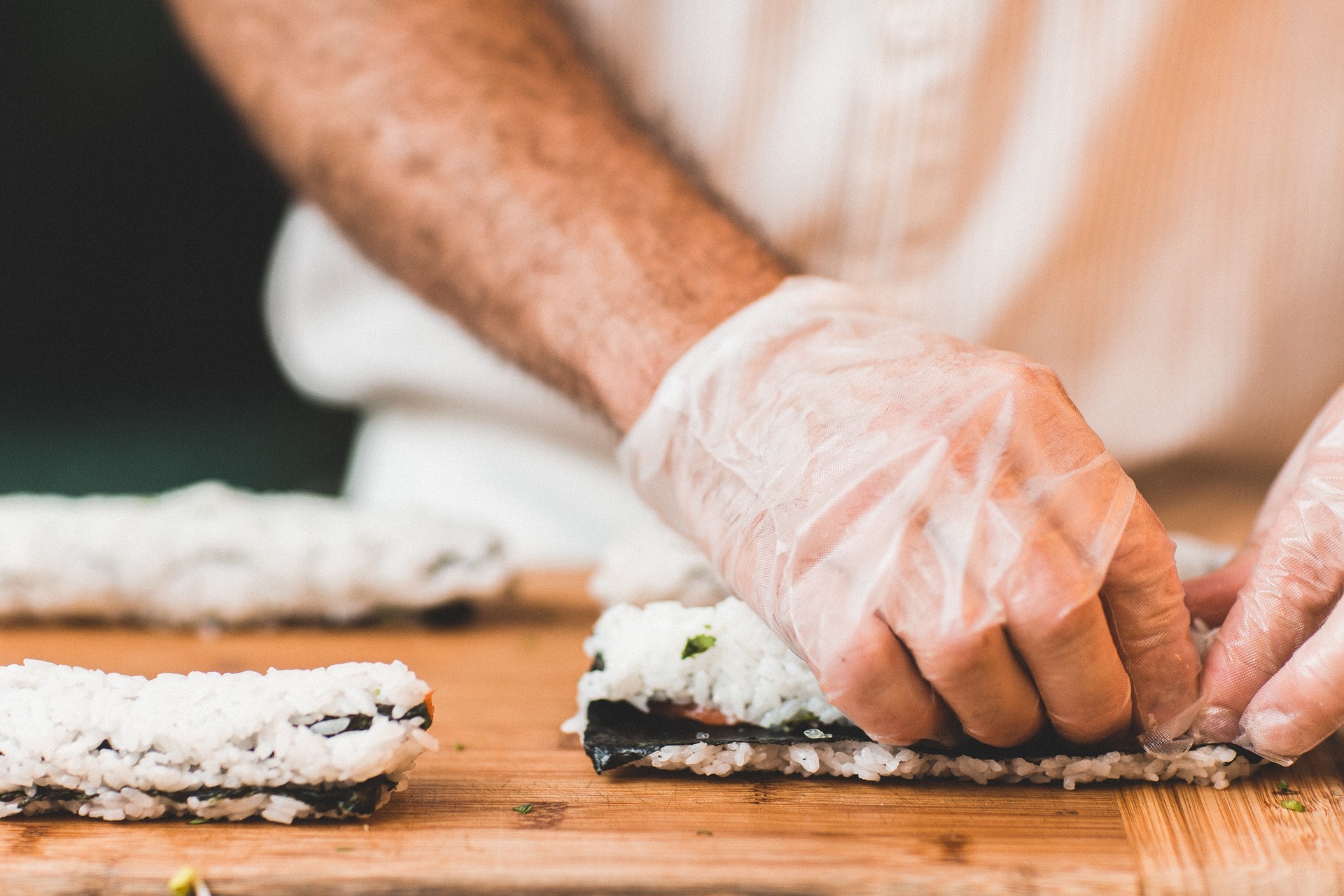Tourists flock to Japan every year, many of them drawn primarily by the country’s incredible food culture. Whether it’s watching the morning’s live fish auction at Tsukiji market or getting stuck into insanely fresh sashimi and sushi, everyone know that Japan does food ridiculously well.
Yet speaking the local language can mean the difference between scraping the surface with tourist-oriented dishes – albeit they are almost always still delicious – and really getting to the heart of Japan’s culinary culture and eating the way the locals do. Now Sushi University promises to relieve visitors of this challenge, by equipping them with the linguistic skills needed to really eat authentic Japanese cuisine like a pro.
Before heading to a loved-by-locals sushi restaurant hidden deep in a residential Tokyo neighbourhood, travellers can sign up for a session with Sushi University and take part in interactive pre-meal lectures. These take place right at the restaurant counter alongside the chef, and cover topics such as sushi ingredients and restaurant etiquette – often another minefield for those visiting Japan from overseas. The chef provides personal insight into the cuisine, translated by Sushi University’s team, further heightening the experience.
"I would like people from other countries who think sushi is just slicing fish and putting it on vinegar rice to understand that it is not that simple," founder Tetsuya Hanada previously told CNN Travel.
Sushi University partners with renowned Edo-style sushi restaurants – which put on special customisable omakase Japanese-style chef’s choice menus in advance, translated into 12 languages – and offers a shuttle service from guests’ hotels. A range of differently priced plans are on offer, but the basic premise is that foodies have the opportunity before their meal to familiarise themselves with the basics of Japanese cuisine, the preparation and degustation of sushi, and the vocabulary involved. They are then accompanied to the restaurant itself by Sushi University’s staff, who provide a full-on interpreting service during the meal.
It’s not only English speakers who can benefit from Sushi University’s innovative offer – the service also comes available in Chinese, Korean, and nine other languages, with Indonesian and Vietnamese on the way, too. The idea is that Sushi University’s guests can experience Japanese cuisine on a deeper level than most visitors, understanding the ingredients and cooking processes, even without speaking a word of Japanese. Sushi University also enables travellers to capture their experience by taking photos of their meal in a way that few restaurants ordinarily allow.






























































































































































































































































































































































































































































































































































































































































































































































































































































































































